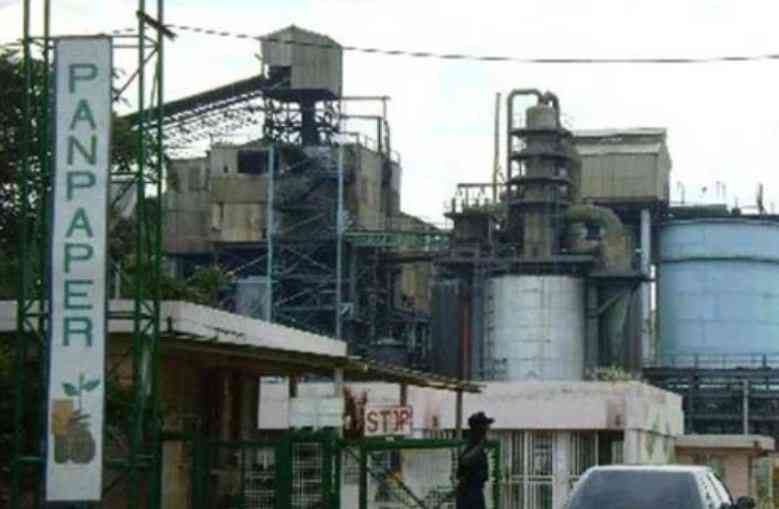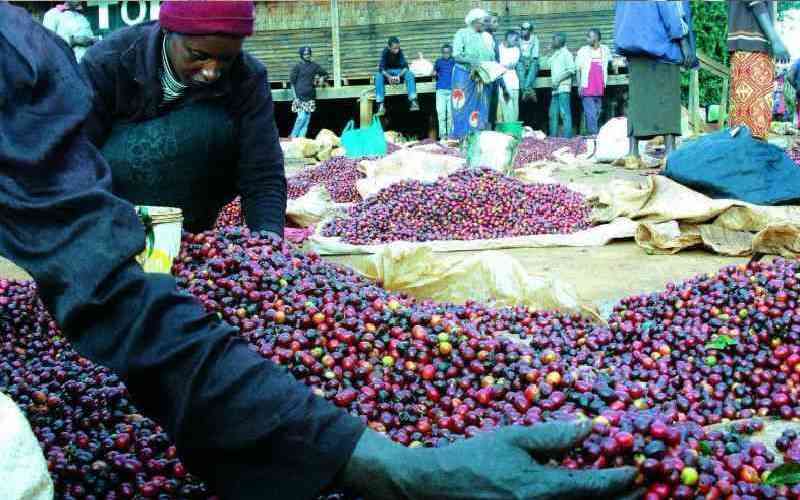
Efforts to revive Rai Pan Paper have reached a new point after the management began engaging stakeholders to clear doubts about the process, signalling renewed commitment to restore Webuye’s once-proud industrial town.
Previously known as Webuye Pan African Paper Mill, the company was privatised and acquired by Rai Group, which owns other factories like West Sugar Company.
Leaders and company officials are now calling for unity, urging politicians to stop politicising the factory’s operations and instead rally behind its progress.
Speaking during a visit to the mill, Western Regional Commissioner Irungu Macharia cautioned politicians against interfering with private sector investors.
He noted that political meddling had in the past crippled industries across the country, leading to massive job losses.
“Politics has killed many industries. We should stop mixing politics and investment. Leaders need to support investors by creating a conducive working environment and stop spreading misinformation, which leads to the collapse of major industries,” said Mr Macharia.
He praised Rai Group for sustaining operations at the plant despite challenges such as the government logging ban, which cut off the raw material supply.
The factory has since turned to recycling waste paper and using bagasse, while awaiting the revival of its pulping plant.
“Rai Paper is working and has already created 450 direct jobs. If industries thrive, they create employment, spur the economy, and support local businesses. I call on leaders to come and see the progress for themselves,” he added.
The meeting was necessitated by concerns from locals that the company had been turned into a different entity after it was privatised almost ten years ago.
“The management has turned Pan Paper into a godown and they don’t care about its revival,” said Atenas Khamisi, a resident of Webuye.
The company’s Head of External Affairs and Communication, George Muruli, emphasised that Rai Paper has invested heavily in Webuye’s recovery and deserves full community support.
He announced that the company has allocated Sh3 billion for revival.
“With Sh3 billion in planned investments and a focus on sustainable growth, Rai Paper is committed to restoring the factory as a beacon of employment, innovation, and pride for Webuye,” he said.
The management reports that since taking over the collapsed Pan African Paper Mills in 2016, Rai Paper has produced over 39,000 tonnes of paper, paid Sh362 million in taxes, and pumped Sh754 million into Kenya Power. Its workforce has grown from 280 to 440 employees, 76 per cent of them local youth under 35.
Stay informed. Subscribe to our newsletter
Nationwide, the factory indirectly supports over 3,000 young Kenyans in waste paper collection, a necessity created by the logging ban.
Mr Muruli admitted that Webuye residents’ scepticism stems from painful memories of past industrial collapses, but urged them to judge Rai Paper by its progress rather than rumours.
“Demonstrations reflect genuine concerns, and we hear them. Rai Group is not here to exploit but to rebuild Rai Paper to its previous glory. We invite leaders and residents to engage with us directly through town halls or forums to shape a shared future,” he said.
He added that Rai Group inherited a shuttered and corroded facility, closed since 2009, and has since injected over Sh1 billion in repairs and new machinery.
Annual production now stands at 27,600 tonnes, with plans to expand capacity to 74,100 tonnes at a cost of Sh931 million.
“Despite the progress, the journey remains bumpy. Reliance on recycled paper makes production costlier, while reduced import duties have flooded the market with cheap paper. The COVID-19 pandemic further delayed spare parts and shrank demand,” said Mr Muruli.
The management further adds that replacing the pulp mill and recovery units will require Sh3 billion in specialised equipment — a long-term plan that remains under discussion.







